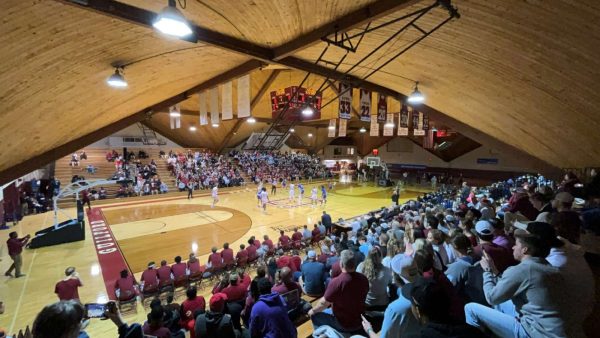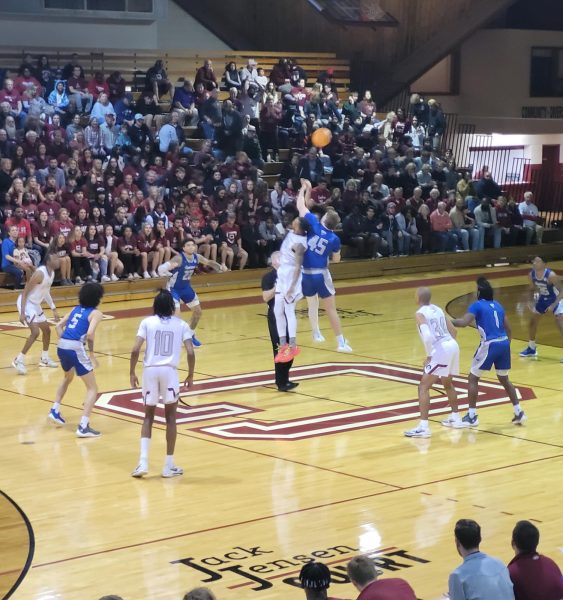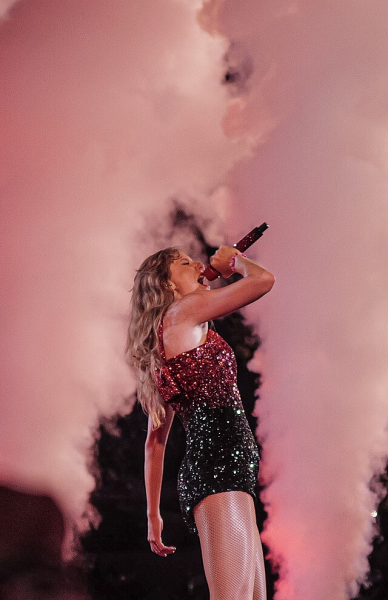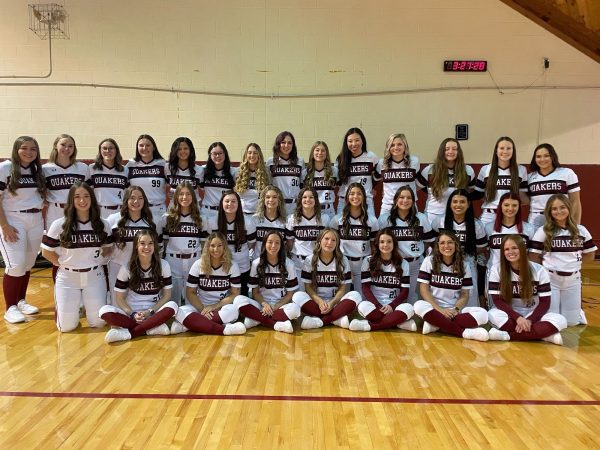Legislation passed on college athlete compensation
On Sep. 30, 2019, California passed a state law forbidding colleges from punishing college athletes for acquiring money for using their name or image. This law will go into effect in Jan. 2023.
Currently, the NCAA rules state that college athletes can not accept money from anyone outside their school. They’ve been looking into changing their rules, although they haven’t changed it yet because they want to make sure that the rule is nationwide and doesn’t differ between states
“I agree they should be able to profit off of themselves but not necessarily be outrightly paid by the NCAA as a form of salary,” said Trent Wells, a former basketball player at Guilford College. “If they were to profit off of themselves via YouTube, Instagram, creating their own brand, things of that nature, it should be acceptable.”
Laws allowing college-level athletes to get paid for endorsements have been a very debated topic over the past couple of years. Some states have also debated whether the athletes will get paid either directly from the school or for their health care after their college careers are over. The law in California, however, doesn’t require the colleges to pay them directly. It also doesn’t require the colleges to make merchandise for every player.
“I think it should be the same rule throughout the nation because some bigger colleges will definitely want to pay their athletes more, so they would have more leverage on getting the better athletes,” said freshman Virginia Tech swimmer Hunter Cassidy.
The law in California will allow college athletes to hire agents and receive endorsements. This new law puts pressure on leaders of college sports, causing them to pick between making the rules nationwide or sticking to the current rules and regulations and possibly receiving backlash for potential players and/or fans.
“I think it should be NCAA regulated, otherwise it causes a shift of power out of the hands of the NCAA and into the hands of the states,” said Wells. “I think the NCAA as a whole should make decisions as to whether or not the athletes get paid but each state can have their own laws as to the amount.”
“When too much money and too many rules get involved in the sport, it takes away from the passion that we have for the game,” said Kyndel Dean, a junior football player at James Madison University. “We start playing for selfish reasons like money and other needs.”
This is an ongoing debate with no solution on the horizon, but for some student-athletes, this could potentially be a step in the right direction. This could cause fewer athletes to skip college and go directly into a professional league for money. There might be a way for them to not only get the money needed, but also get the education they deserve.
Editor’s note: This story originally was published in Volume 106, Issue 2 of The Guilfordian on Oct. 11 2019.





